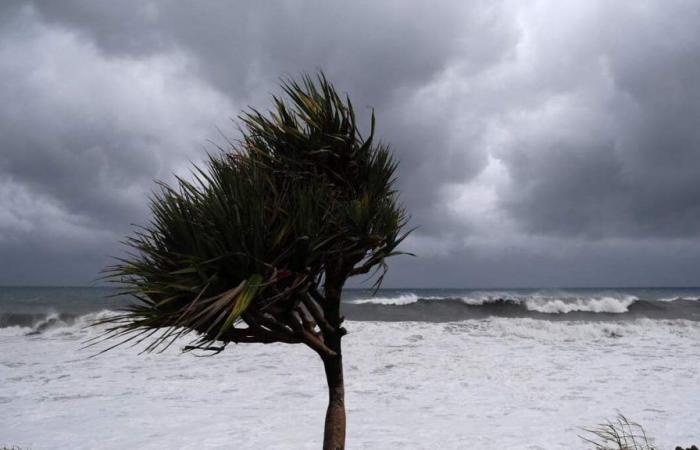Active for 36 days, tropical cyclone Freddy, which wreaked human and economic havoc in south-eastern Africa in February-March 2023, is officially the longest-lasting cyclone on record, the UN said on Tuesday.
An international committee of experts from the World Meteorological Organization (WMO) has validated for Freddy “the duration of 36.0 days with tropical storm status or higher, as the new world record for the longest duration of a tropical cyclone,” according to a statement from the UN agency.
Freddy thus dethrones John, which was born in the North Pacific in 1994 and which retained the status of tropical storm or higher for 714 hours, 29.75 days, underlines the WMO.
John, however, remains the tropical storm that covered the longest distance ever recorded with 13,159 kilometers while Freddy covered a distance of only 12,785 kilometers.
The WMO does not make a direct link between Freddy’s exceptional longevity and climate change caused by human activity.
But on its page dedicated to tropical cyclones, the WMO points out that “climate change is linked not only to an increased probability of major hurricanes, but also to a direct increase in their destructive power.”
“Freddy was a remarkable tropical cyclone, not only for its longevity, but also for its ability to survive multiple land interactions, which unfortunately had significant consequences for the people of southeast Africa,” said committee member Chris Velden, a tropical cyclone expert at the University of Wisconsin, USA.
“Due to its prolonged passage near and over land, Freddy was particularly destructive, notably in Madagascar, Malawi and Mozambique,” the WMO further noted.
Malawi paid a particularly heavy price for this cyclone with more than 1,200 people dead or missing and more than 2,100 injured, the WMO said.
The hurricane struck at a time when the country was already experiencing a serious cholera outbreak and only added to the population’s hardship with torrential rains causing flooding.
In Mozambique, more than 1.3 million people have been affected, with more than 180 deaths.
In Madagascar, nearly 200,000 people were affected by the first and second impacts of the phenomenon.
The damage caused by Freddy is estimated at $481 million, according to African Risk Capacity, a specialized agency of the African Union.
The WMO estimates that without the weather alerts issued by Météo-France from the regional centre of La Réunion, a French island in the Indian Ocean, which allowed for preventive evacuations and the pre-positioning of food, “the human toll would have been even higher”.
She sees this as an unstoppable argument for her project to cover the entire globe with an early warning system for meteorological risks within 5 years.
“WMO is committed to working with its partners to achieve this and combat the risks associated with extreme weather and climate change – one of the greatest challenges of our time,” said Anne-Claire Fontan, Chief Scientist of WMO’s Tropical Cyclone Programme.
The new record will be added to the WMO’s archives on extreme weather events.
They include the world’s highest and lowest temperatures, precipitation, heaviest hail, longest dry period, maximum wind gusts, longest lightning flashes and weather-related deaths.






